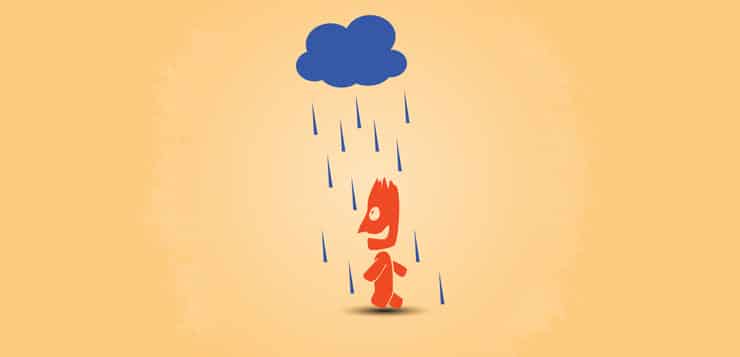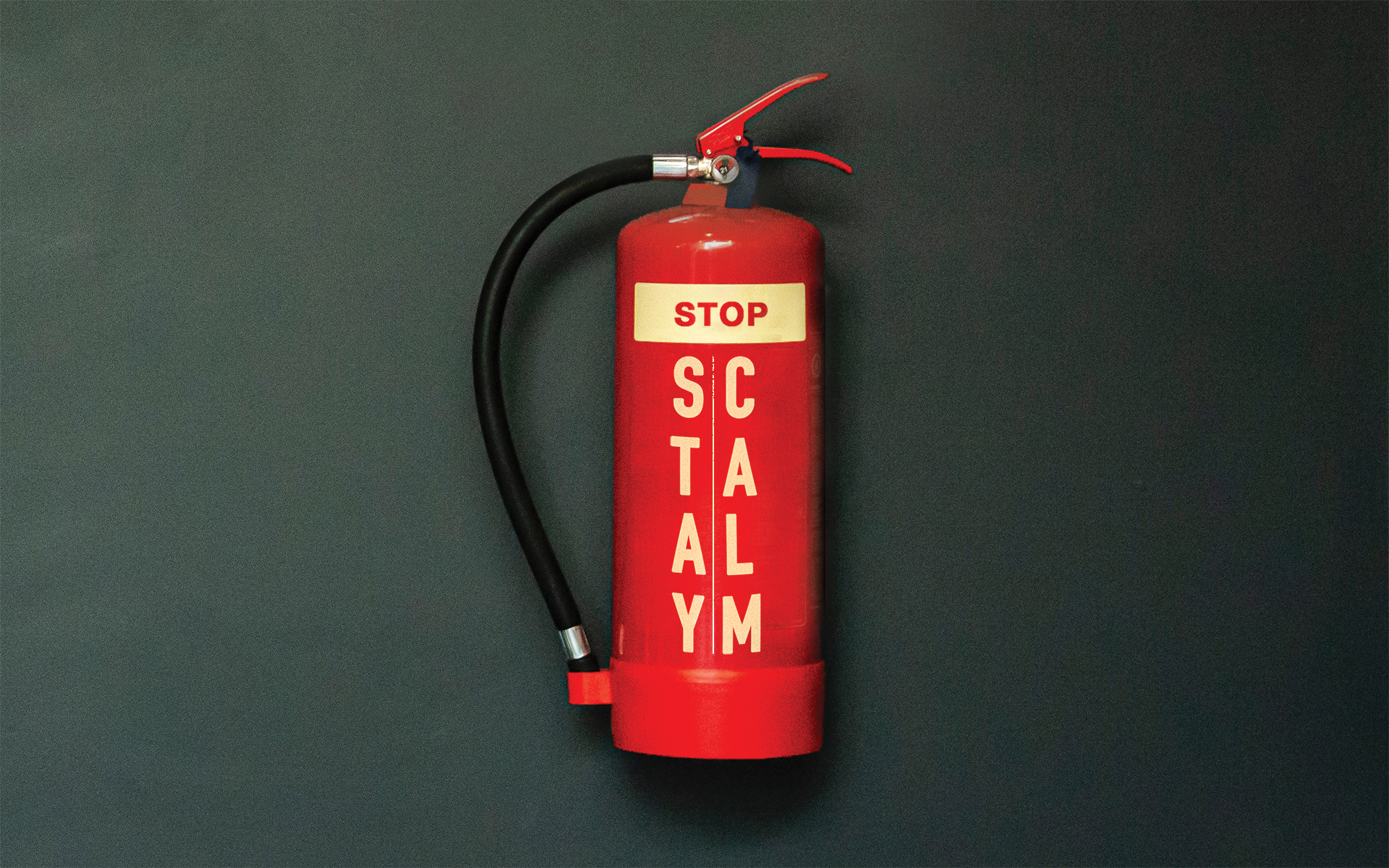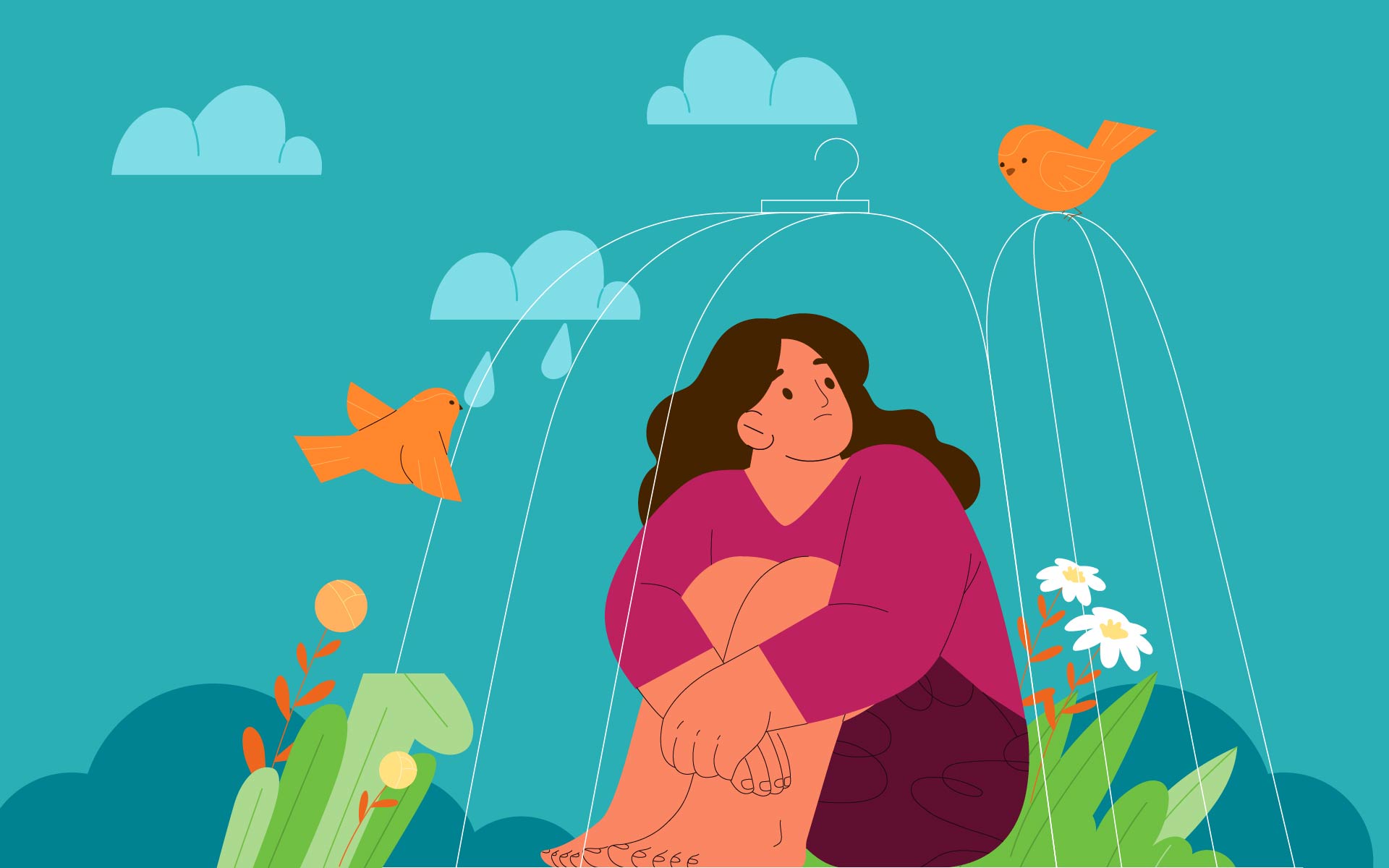Over the course of the last year, we shared practices and stories to help readers like you navigate the stresses of the world, raise resilient children, and communicate compassionately with the people in your life.
Every day, we provide resources to add mindfulness to your daily routine—from work, to family, to what to read on the weekend. Our goal is to be your trusted source for authentic mindfulness practices and information, as well as your connection to the leading experts in the field.
Top Mindfulness Articles of 2018:
1. An Anxiety Meditation. This guided practice from Bob Stahl helps us investigate the nature of our own mind and being. This inquiry looks into physical sensations, emotions, and thoughts that may be contributing to stress and anxiety.
A Meditation on Working with Anxiety
This meditation combines breath awareness, the body scan, and mindfulness of thoughts to explore sources of stress and anxiety.
Read More
2. The Downside of Positivity. Psychologist and author Susan David, Ph.D., says we are caught up in a rigid culture that values relentless positivity over true resilience and thriving. Here she sets out a path for nourishing emotional agility—the ability to be with your emotions with curiosity, compassion, and courage.
The Tyranny of Relentless Positivity
When we ignore difficult emotions, they end up controlling us. Here’s how embracing emotional agility allows us to deal with the world as it is.
Read More
3. The Power of Saying “Yes” to Your Kids. Award-winning science journalist Lu Hanessian talks to neuropsychiatrist, and bestselling author Dr. Dan Siegel how to help create an integrated, structurally strong brain in your child.
Dr. Dan Siegel: What Hearing “Yes” Does to Your Child’s Brain
It’s not about permissive parenting, says Dr. Dan Siegel in his new book “Yes Brain” with co-author Tina Payne Bryson. It’s about using “yes” to find ways to relate, which encourages kids to explore and be resilient, instead of starting at “no,” which shuts them down.
Read More
4. Helping Teens Build Resilience. As many teens struggle with anxiety and perfectionism, our urge may be to jump in and fix their problems, whatever we perceive them to be. This article lays out a better approach, one that encourages them to develop the mental habits and strengths that will support them throughout their lives.
Five Ways to Help Teens Build a Sense of Self-Worth
Teens are experiencing increased levels of anxiety and perfectionism. Encouraging them to develop their strengths and see beyond themselves can help boost their self-esteem.
Read More
5. Helping Children Practice Self-Kindness. How do you start a conversation with your children about the self-defeating, self-critical thoughts that we all have running on repeat in the back of our minds? Clinical psychologist Hazel Harrison offers 5 ways to help kids shrink their critical voice.
How to Teach Your Kids about Their Inner Critic
Kids need ease and fun when it comes to difficult tasks like challenging negative self-talk, says Dr. Hazel Harrison. She introduces “The Critical Critter” for exploring self-critical thoughts with your child.
Read More
6. How to Have a Mindful Day. Pausing to practice mindfulness for just a few minutes at different times during the day can help your days be better, more in line with how you’d like them to be. This article is a one-stop shop for building a daily mindfulness routine.
5 Simple Mindfulness Practices for Daily Life
Your day-to-day activities offer ample opportunities to call up mindfulness in any moment. These simple practices will breathe space into your daily routines.
Read More
7. When Mindfulness Meets Bad Habits. We love a good infographic. So we paired researcher Judson Brewer with infographic queen Heather Jones in order to present this visual description of how mindfulness works to break bad habits.
How Mindfulness Works to Break Bad Habits
Habits are formed and strengthened as we journey through a continuous loop seeking to satisfy our urges. Here’s how to break the cycle.
Read More
8. Practicing Loving-Kindness. World-renowned meditation teacher Sharon Salzberg describes the first time she ever practiced loving-kindness, how she didn’t think it was actually doing anything for her, and the moment she felt the flowering of the practice inside her.
Why Loving-Kindness Takes Time: Sharon Salzberg
It’s only after we’ve practiced many times that we’ll begin to notice a habit developing—namely, letting ourselves off the hook once in awhile.
Read More
9. Examining the Path to Burnout. Patricia Rockman, MD, Senior Director of Education and Clinical Services at the Centre for Mindfulness Studies, Toronto takes us through the “Web of Reactivity” as a way to get in touch with our stress triggers.
Shift Your Mind From Crisis Mode to Calm
Unchecked stress may lead to overwhelm, unhelpful coping, and burnout. When you learn to recognize the warning signs, you can take wise action to manage your stress—with a little kind attention, and a lot of self-compassion.
Read More
10. Being a Mindful Parent. Rounding out our top 10 articles for 2018 is another parenting piece. In this article, Dr. Mark Bertin explores how parents can build resilience and shift perspective.
How to Be a Resilient Parent
Children learn more from what you do than what you say, so your resilience—the way they watch you approach adversity—affects theirs. Explore these mindful strategies for building awareness around challenging experiences.
Read More
NOTABLE MENTIONS OF 2018:
- Getting Started With Mindfulness: Mindful’s introduction to mindfulness and meditation.
- Mindful Classrooms: Mindful’s digital special edition exploring best practices for bringing mindfulness into the classroom.
- Mindful Cities: The Mindful Foundation initiative to support the wisdom and best practices already emerging from within communities and enhance their chances for success.

















